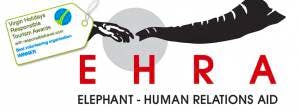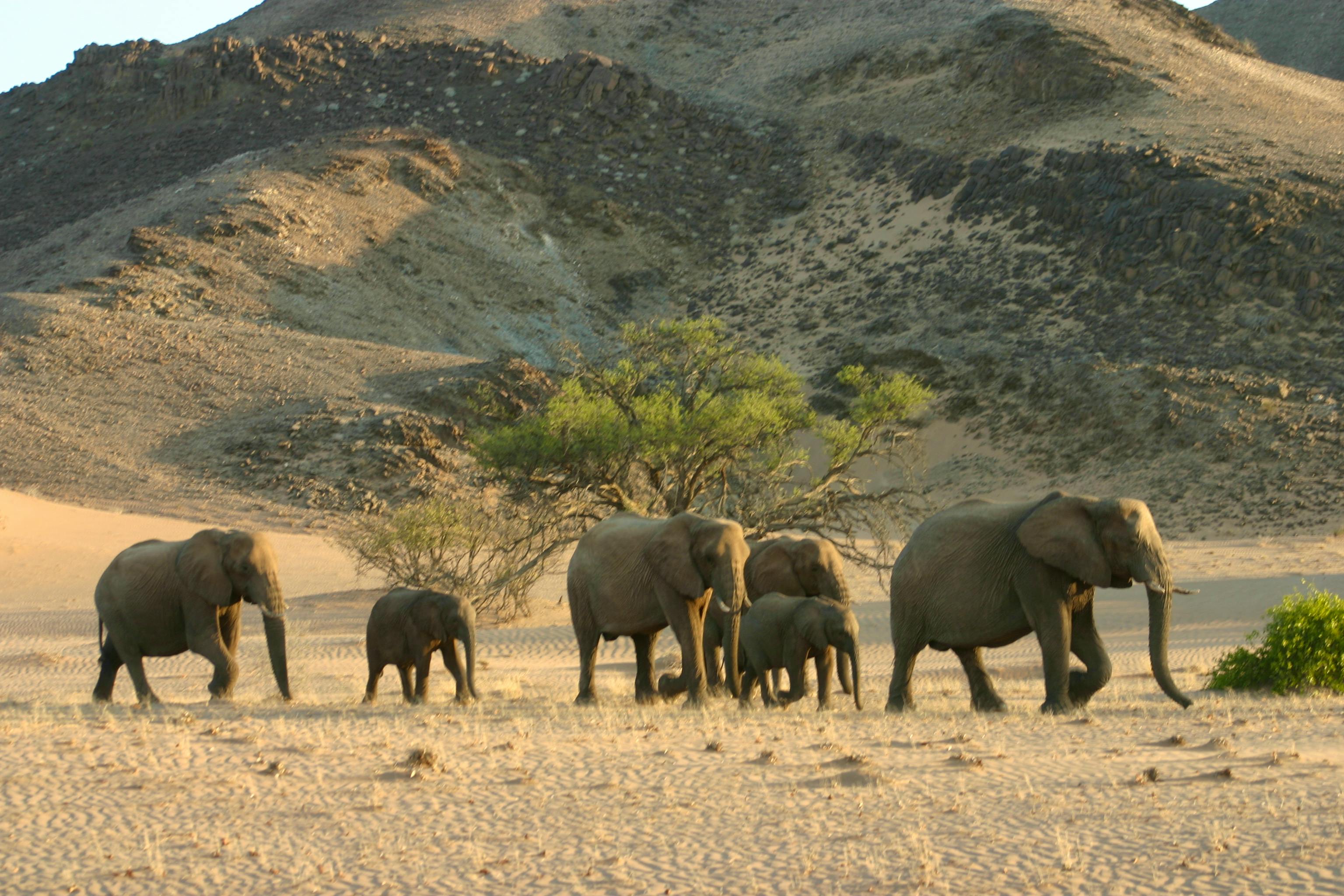2024 at Elephant Conservation Supporter
Elephant Conservation Supporter





Highlights
- Experience beautiful Namibia!
- Explore Swakopmund a great little town, safe, by the sea, surrounded by sand dunes with lots of activities to keep you entertained!
- Work with and protect the majestic elephant! A once-in-a-lifetime opportunity!
- Meet like-minded people and form a deep relationship!
- There's much to do in your free time: kayaking, surfing, quad biking, dolphin tours, fishing, desert tours and much more
- Experience beautiful Namibia!
- Explore Swakopmund a great little town, safe, by the sea, surrounded by sand dunes with lots of activities to keep you entertained!
- Work with and protect the majestic elephant! A once-in-a-lifetime opportunity!
Especially good for
About the program
EHRA aims to conserve the desert elephants of Namibia, through practical and realistic anti-conflict solutions.
How the EHRA Volunteer Project Works
EHRA's wildlife volunteer program is structured in 2-week (11 nights) rotations, but you can repeat up to a maximum of 12 weeks(132 nights). A volunteer group has a maximum of 14 people, of all ages and from all walks of life who join the program and come to ...
Free-time activities
Volunteers meet in the Skeleton Coast town of Swakopmund where there are many different activities including kayaking, surfing, quad biking, dolphin tours, fishing, desert tours and sand boarding on the famous dunes to name a few! During the project there is a day off in a small local town where ...
Requirements
What's Included
What's NOT included?
Details on arrival
Program fees
Meet your organization

Elephant Human Relations Aid (EHRA)
Non-profit - founded in 2003
Verified by Volunteer World
Coordinated by
Maryna
About the project
68 reviews ·  4.8
4.8
Location

You might also be interested in
-
African Elephant
Elephant Conservation
Giraffe Conservation
50 Plus Volunteering
Family Volunteering
Best Volunteer Programs
Mission Trips
Animals in Africa
African Wildlife
Volunteer Trips for College Students
Elephant Wildlife Sanctuary
Mission Trips to Africa
Projects Abroad
Adults
Group Volunteering
Global Volunteer Opportunities
Big 5
Couples
Voluntouring
Wildlife in Namibia



















